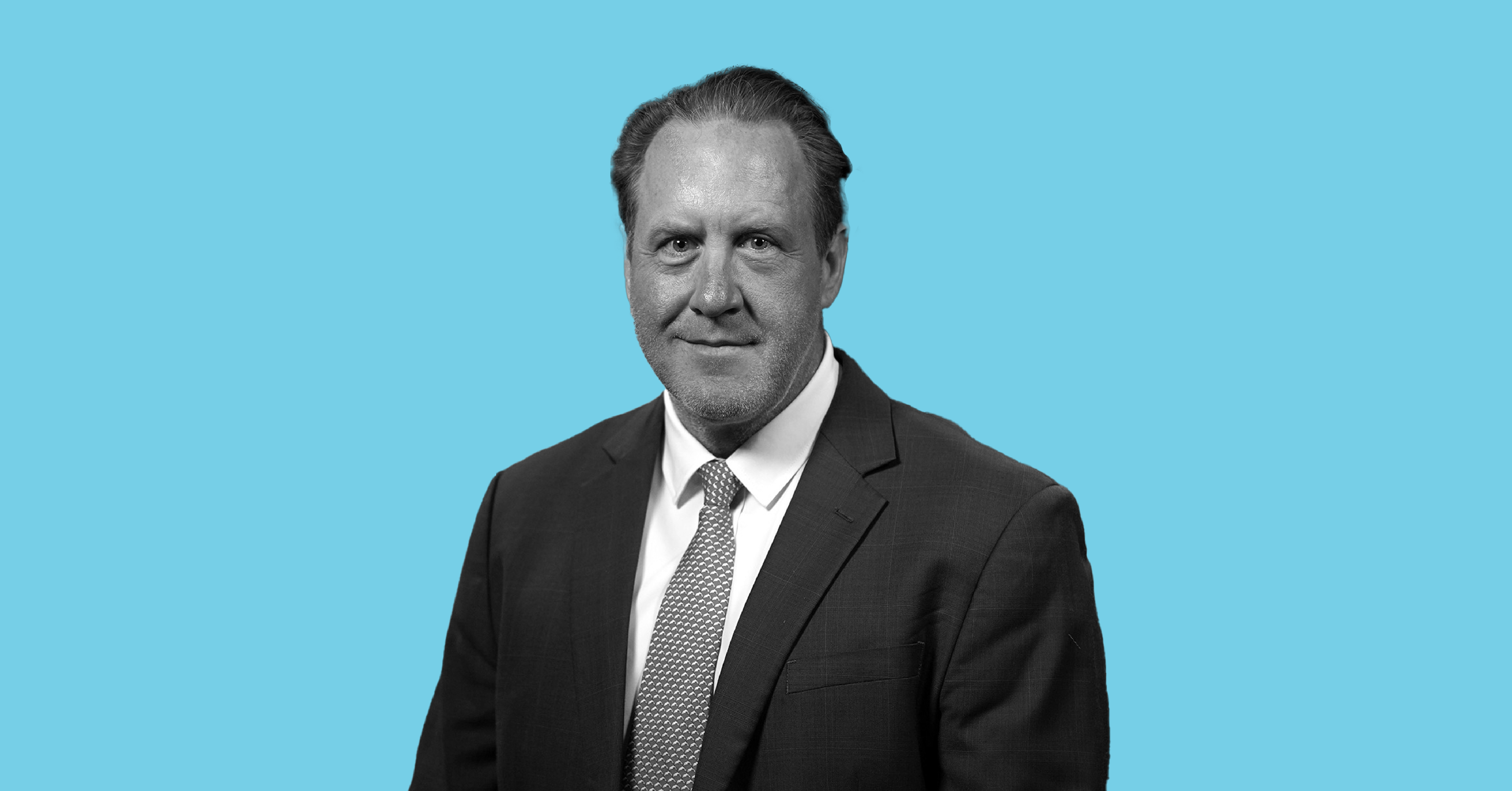An EDCUtah DEI Profile: Utah State Office of Rehabilitation - Ready, Willing and Able

December 15, 2021
EDCUtah is highlighting a Utah community organization or multicultural resource group each month. This is part of an effort to inform our investors about diversity, equity, and inclusion (DEI) best practices and resources in Utah.
In recognition of the International Day of Persons with Disabilities on December 3, we spoke to Leah Lobato, Director of Business Relations with the Utah State Office of Rehabilitation (USOR), a division of the Department of Workforce Services (DWS). Leah also serves as Director of the Governor’s Committee on Employment of People with Disabilities.
Historical footnote: Utah was one of the first states with a Vocational Rehabilitation (VR) program. VR programs were first intended to assist soldiers returning from war to reintegrate back into the post-war workforce when a disability had occurred. More here.
What is the mission of the Utah State Office of Rehabilitation?
Our specialty is working with people with disabilities to help them find and keep competitive and integrated employment. Utahns with disabilities represent a huge and often untapped pool of talent.
The census suggests that 64 million Americans have a disability, which could include deaf, hard of hearing, blind, low vision, mental health diagnosis, wheelchair usage, learning disabilities, neurodiversity and many more. We estimate that 30% of families have one or more members with a disability.
Who do you serve?
First, we serve individuals. We consider people with disabilities to include anyone who has a disability that impedes their ability to get or keep a job. Data suggests that one in four Americans will deal with some type of disability at some point in their lives – although many disabilities are underreported, especially relative to mental health.
Our team of Vocational Rehabilitation counselors has offices from Logan to St. George, from Tooele to Vernal, and everywhere in between. We can serve any individual anywhere in the state. At any given time, each counselor is typically serving approximately 100 people along the spectrum from a new applicant to someone who needs occasional ongoing support in their work.
Our services for individuals include disability identification, support in disclosing a disability to an employer, help approaching an employer with an accommodation request, as well as job training, including short-term training, college, apprenticeships, internships, and more.
Second, we educate businesses to recruit, hire, support and retain people with disabilities. We offer coaching on communication, ADA issues, service animals, etc. We like to say, “We don’t offend easily.” In other words, we’re a safe place that businesses can come to ask tough questions that feel awkward or have the potential to offend someone.
It’s also important to note that our team is your tax dollars at work. It costs nothing for a business or an individual to leverage our services.
What kinds of companies and what kind of jobs do you support?
We will work with any Utah business that is interested in working with us. We’ve supported individuals with disabilities looking for jobs like grocery bagging and warehouse work, to CEOs of companies who’ve been out of the workforce with a mental health challenge and need support moving back in. It’s important to remember that while some disabilities are visible, such as deafness or Down Syndrome, many are not – including traumatic brain injuries, chronic conditions, learning disabilities, etc.
As far as the jobs we support, we get questions all the time like, “What would be a great opportunity for someone who is deaf?” Some people are surprised to hear that the answer is not necessarily a job in a loud warehouse. The answer is actually a question. It is, “What skills and experience does the person have? And what accommodation can we put in place so that they can be successful?” It’s not about the disability, it’s about the person, their skills, and what they have to contribute.
Accommodations can be about anything. For example, making little changes for a person who needs more mental health space, converting two 15-minute breaks into six 5-minute breaks throughout the day. That may be all the accommodation they need. Similarly, creating a quiet room – with dimmable lights and less sensory stimulation – may allow people to effectively use breaks to decompress and regain their balance before returning to work. Those improvements may not just support people with sensory challenges and autism; they could be positive changes for everyone.
Similarly, an accommodation for someone with low vision could be as easy as providing a larger computer monitor. A monitor twice as large, or a screen reader, could be all the difference someone needs to contribute at their highest level.
When it comes to recruitment and retention, how can employers get involved?
Reach out to us. We support businesses of all sizes across all industries and geographies in Utah. We can train on ways to serve disabled customers, ways to post positions, ways to leverage keyword posting within DWS, and more. We can help businesses look at their job descriptions to make sure there isn’t wording that may have people with the right skill sets and abilities opting out of applying. We can customize our services to businesses just as we customize our services to individuals.
If you already employ people with disabilities, consider retention. It’s a job seekers market – individuals are opting to leave for raises, benefits, etc. For individuals with disabilities, the way to retain them is to foster the ability to have open dialogue about disabilities so they feel confident that they can ask for what they need. Part-time, flex time and good health benefits are also critical to accommodate people with disabilities. Sometimes a little bit of flexibility on scheduling or hours may be all they need to successfully enter or stay in the workforce.
As far as fostering open dialogue, our team directly trains line managers, supervisors, HR managers, CEOs, etc., but we emphasize that the line manager is the most important for success. If the line manager doesn’t feel comfortable with the issues that may come up, the likelihood of them hiring a person with a disability is low – because it may seem too scary or hard.
How can EDCUtah investors support your office’s mission?
Some further options for involvement include:
· Governor’s Committee on Employment for People with Disabilities is always looking for partners to sit on committees, so our efforts are community led. Our team looks at access to the community and to employment; and work to improve both in Utah.
· Golden Key Awards: We recently hosted the 47th annual Golden Key awards in October, recognizing employers who support Utahns with disabilities and Veterans. We are always looking for nominations, and for people to promote and support our winners.
· Attending Events: We host a series of employer workshops and job fairs throughout the year. All employers are welcome.
· Disability:IN Utah: We partner with Disability:IN Utah, a nonprofit business-to-business mentoring group to help businesses become more disability-friendly in their recruiting, hiring and retention practices. Consider getting involved, or attending the Disability:IN Summit, co-hosted with the annual Golden Key awards.
· Vocational Rehabilitation: Help us spread the word. Please refer people in your community, friends, or family members with disabilities who you think would benefit from receiving assistance to obtain or maintain employment.
For more information, visit https://jobs.utah.gov/usor/






